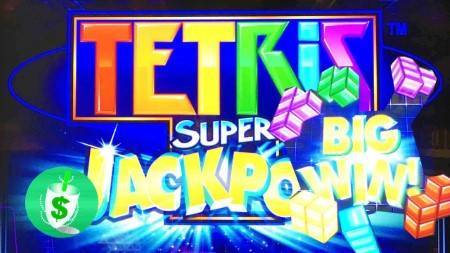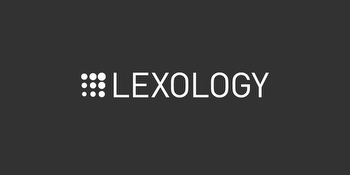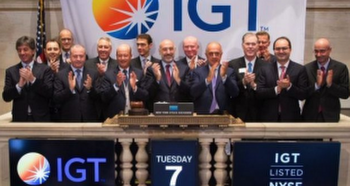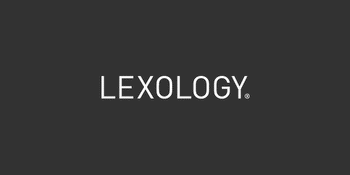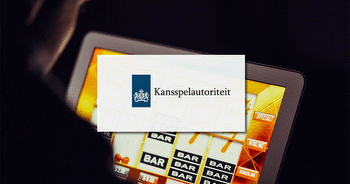Dutch Gambling Authority issues its annual report, highlighting growth in online gaming
In March 2023, the Netherlands Gambling Authority (KSA) published its 2022 annual report, the first full-year report from the KSA since the Dutch regulated online-gambling market opened in October 2021. Below, we describe the highlights of the report that are relevant to the online-gambling market.
Licences
The KSA have issued a total of 24 licenses for online games of chance. Of these, 21 permits are effectively used to offer gambling activities to consumers (i.e. players). Thirteen applications are pending because the approval process is taking more time and capacity than expected. This issue has arisen because applicants are struggling to get their control database (i.e. data vault) in order. In short, it seems that applicants are insufficiently prepared to meet the demanding licensing requirements. As a result, on average, only one in three applications for online-gambling games result in the issuing of a licence.
From illegal to legal
The KSA estimates that 85% of players gamble with licensed firms only. According to the KSA, a large proportion of these players previously played games illegally with unlicensed operators. Moreover, the KSA found that almost 36,000 citizens have now registered in the central exclusion register (i.e. Cruks) and cannot participate in high-risk games of chance, both within gaming halls and Holland Casino establishments as well as in online games. The KSA considers this to be an important contribution in preventing gambling addiction and managing its consequences.
Interventions of the KSA
Right after the opening of the market for online games of chance, advertisements about these games peaked. Not only did these advertisements spark public debate, the KSA also decided to intervene on multiple occasions. For example, the KSA imposed multiple fines regarding advertising (including bonuses) that targeted young adults and for advertisements that featured role models for young people. Moreover, in the period leading up to and during the FIFA World Cup, the KSA acted on non-compliant advertising 13 times with eight different operators. In all cases, non-compliance immediately ceased.
Moreover, combatting the illegal supply of online-gambling games remained of significant importance to the KSA. In practice, most of illegal websites went black after the KSA threatened the operator with an order subject to a penalty.
Record amount of fines
In certain cases, however, the KSA went further than issuing a simple warning and imposed fines. Although only nine fines were imposed in 2022, the higher penalty amounts – due to a new fine policy – led to the imposition of a record EUR 29,779,000 in fines (excluding orders subject to penalty).
This trend shows no signs of slowing down with millions of Euros in fines having already been issued in the first months of 2023 and the regulator set to overtake the 2022 figure before the end of the year.
Recent fines include a EUR 400,000 penalty issued to bet365 for directing gambling advertisements and bonuses towards young people. Another case concerns JOI Gaming – the operator of the jacks.nl online casino and sports betting brand – which was ordered to pay EUR 400,000 after advertising materials were sent to young people under the age of 24.
Larger fines have been issued to operators not in possession of a Dutch gambling licence. In late December 2022, the KSA imposed fines on Videoslots Limited (EUR 9,874,000), N1 Interactive Limited (EUR 12,640,000), Betpoint Group Limited (EUR 1,787,000), Probe Investments Limited (EUR 1,128,000), and Fairload Limited (EUR 900,000). The KSA based the level of fines on its newly adopted fines policy from September 2021, which takes into account a company's turnover in the Netherlands.
Duty of care
In 2022, an international study into the practice of the duty of care in Europe, in which the KSA also collaborated, was published. The study evaluated how licensed operators observed the duty of care and how they fulfil their duties and obligations regarding customer interventions and safer gambling engagements. Following this study, the Dutch regulator concluded that “not all online providers take their duty of care equally seriously" and decided to conduct a further investigation regarding duty of care. A report of this investigation should be published before the summer of 2023. It is hoped this study will provide more guidance to operators on how to approach duty-of-care compliance, and will cover advertising rules as well as a variety of other requirements.
Conclusion
The KSA's 2022 annual report clearly shows that the online-gaming market in the Netherlands is dynamic and growing. In 2023, more companies are expected to get a licence to offer online gaming in the Dutch market. Furthermore, the KSA actively monitors the market and is not afraid to impose substantial fines if deemed necessary. This is also reflected in the new legislation the government plans to publish. A ban on untargeted advertising of online gambling will probably be introduced this summer. Moreover, it is likely that legislation on maximum gaming limits will be issued.







